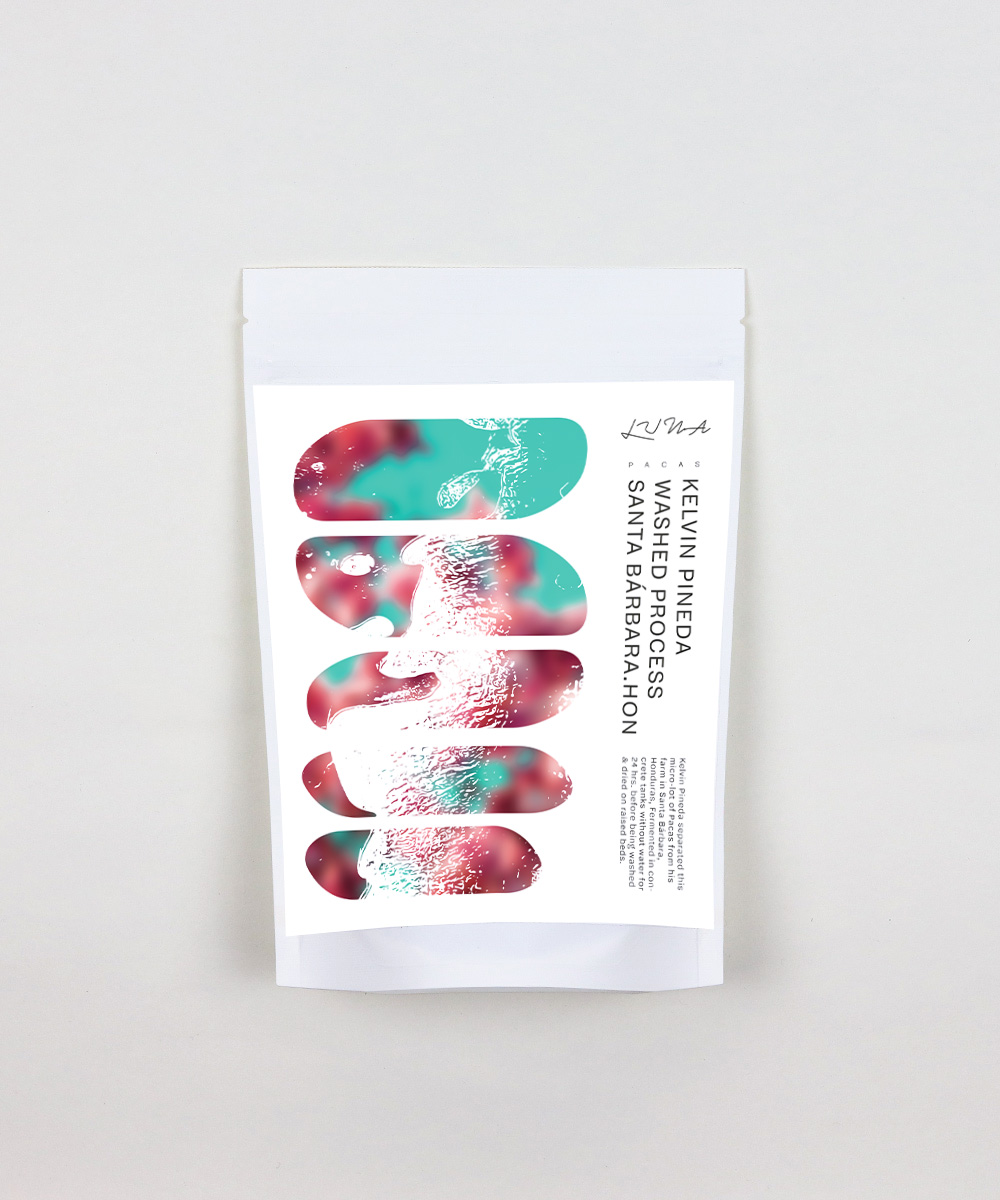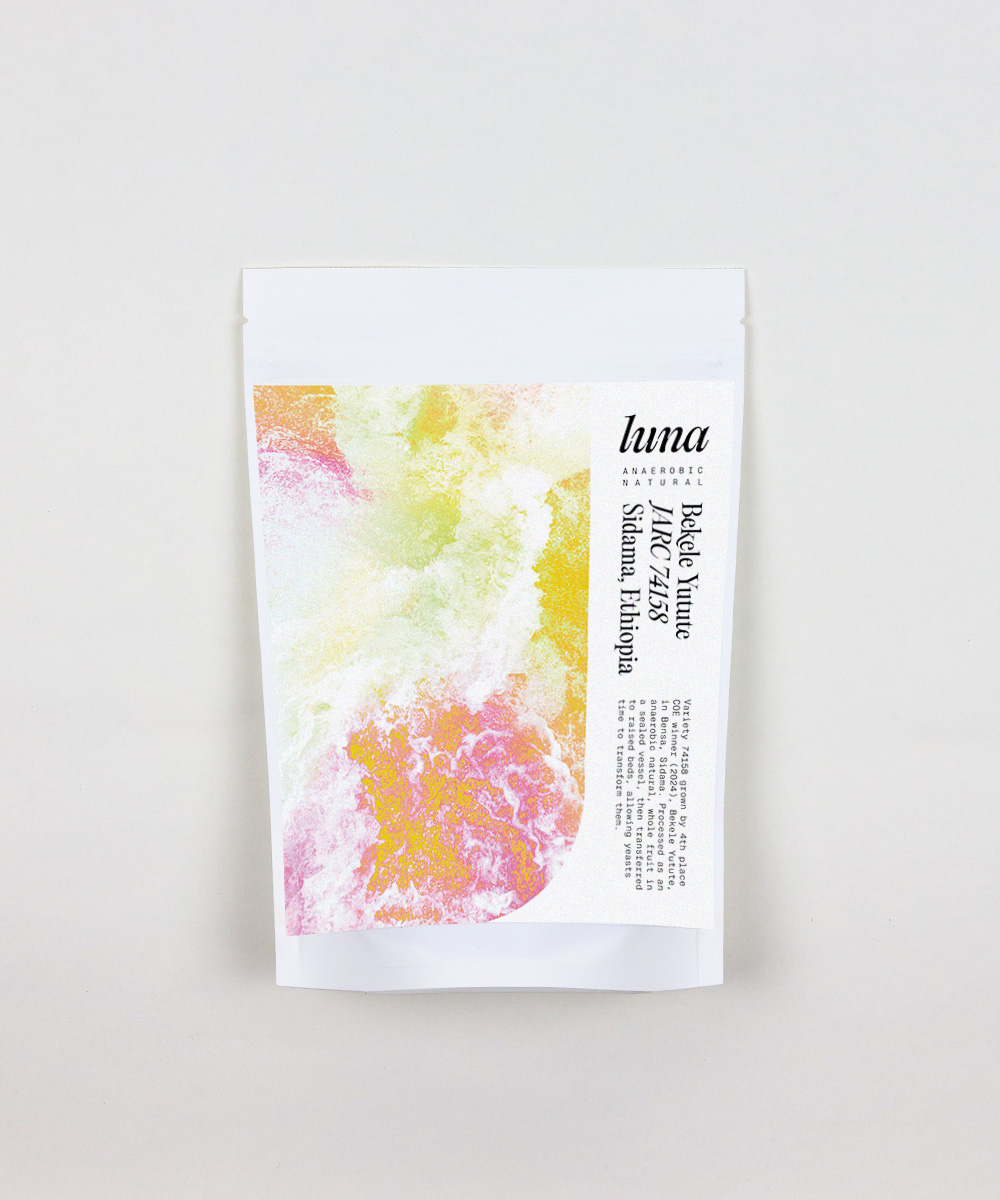Kelvin Pineda ~ Pacas | Santa Bárbara, Honduras
US$0.00
last of it! roasted May 27th
Producer: Kelvin Pineda
Place: Santa Bárbara, Honduras
Variety: Pacas
Processing: Washed
Exporter: Beneficio San Vicente
Harvest: June 2024
Tasting notes: wild raspberry, pear, thumbprint cookie
Kelvin Pineda separated this micro-lot of Pacas from his farm in Santa Bárbara, Honduras. Fermented in concrete tanks without water for 24 hrs. before being washed & dried on raised beds.
About Kelvin
Kelvin Pineda is the son in law of a producer who Laura’s known for well over a decade, Elio diaz. Finca La Arianita is at 1700 meters, and is planted with bourbon and pacas (this lot). Pacas makes up around 50% of what he grows. Both the Pacas and the Bourbon are older growth, but Kelvin sees no reason to mess with agressive pruning of the plants that have produced exceptional harvests the past few years. Kelvin inherited La Arianita when Elio came into some health troubles during the covid pandemic. This plot is quite the hike to get to, incredibly steep with sticky yellow clay slopes. Once you manage to get to the summit, the farm itself is on a plateau, overlooking the Santa Bárbara National Park. One thing I remember from this farm is the amount of symbiotic fungus activity on the coffee trees. No doubt this diveristy and ecological flourishing on the farm is a reason why the resulting coffees from Elio (and now Kelvin) win awards and is sought after as a fantastic representation of why Pacas is a sentimental variety for many quality focussed coffee roasters over the last couple decades.
About Pacas
A natural mutation of the bourbon variety, Pacas has a single-gene mutation that causes the plant to grow compact & small.
Processing
The coffee fruit is carefully picked by hand, transported by mule down the steep slopes, and processed at the washing station the same day. After washing, the coffee beans undergo a 16-hour dry fermentation, before being washed four times. The parchment is dried for around 15 days. During the drying process, the parchment is continually sorted to remove defects.




